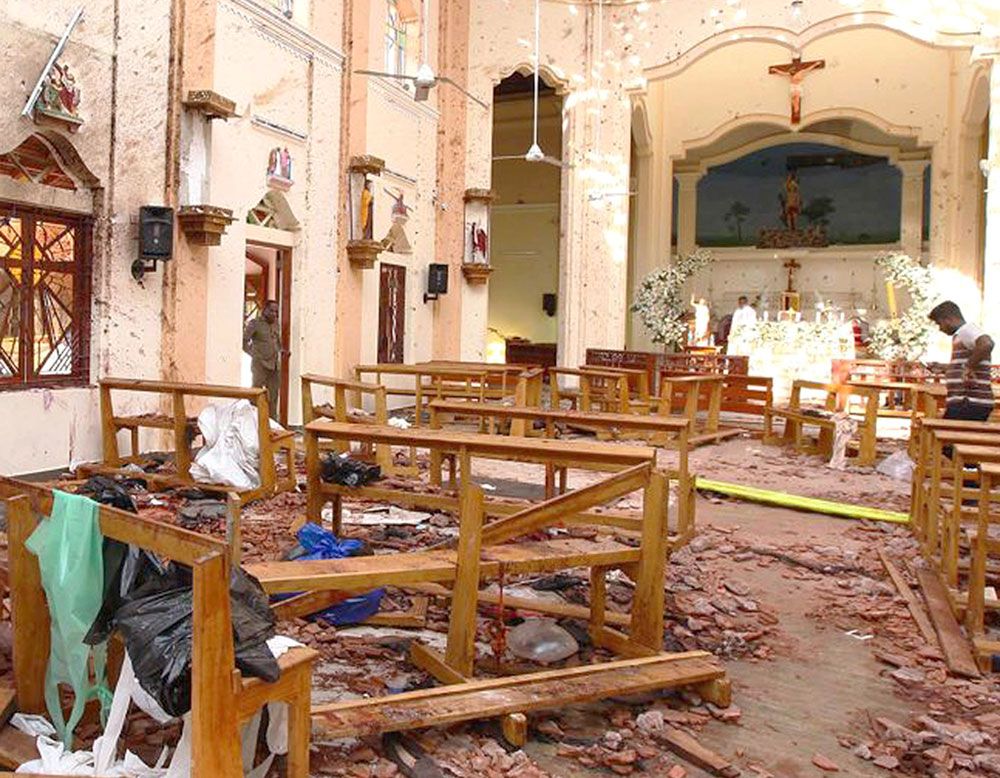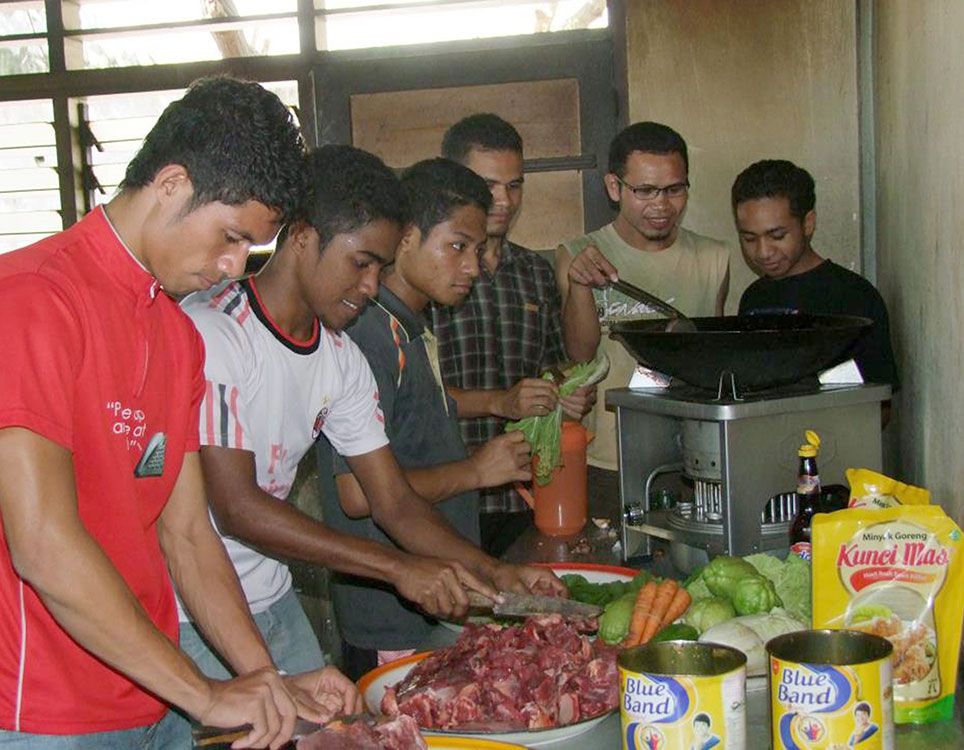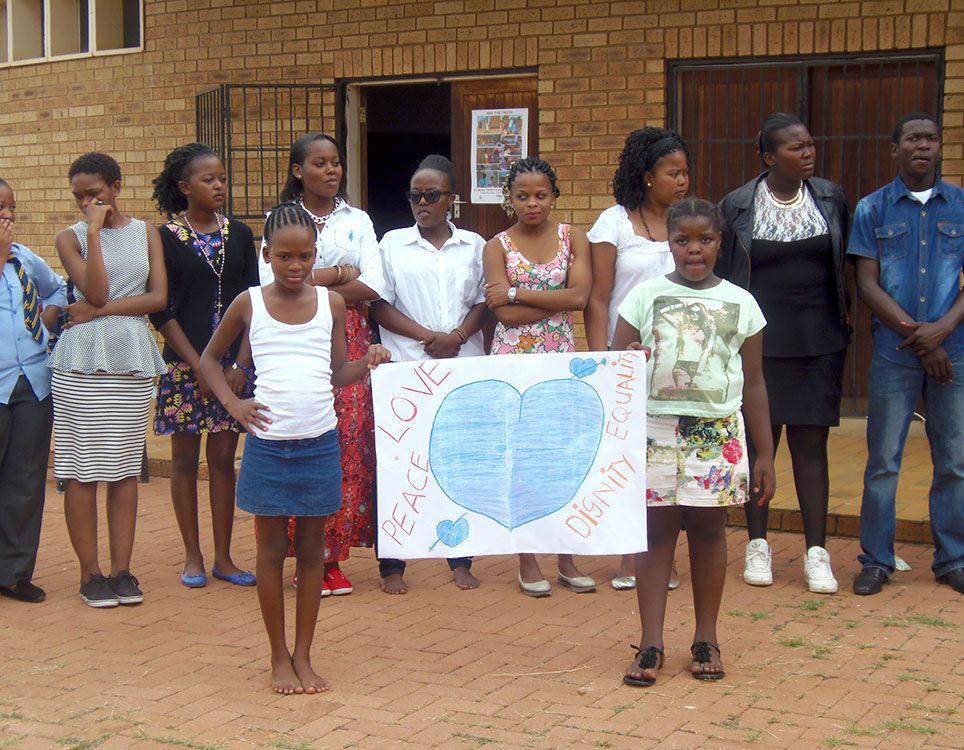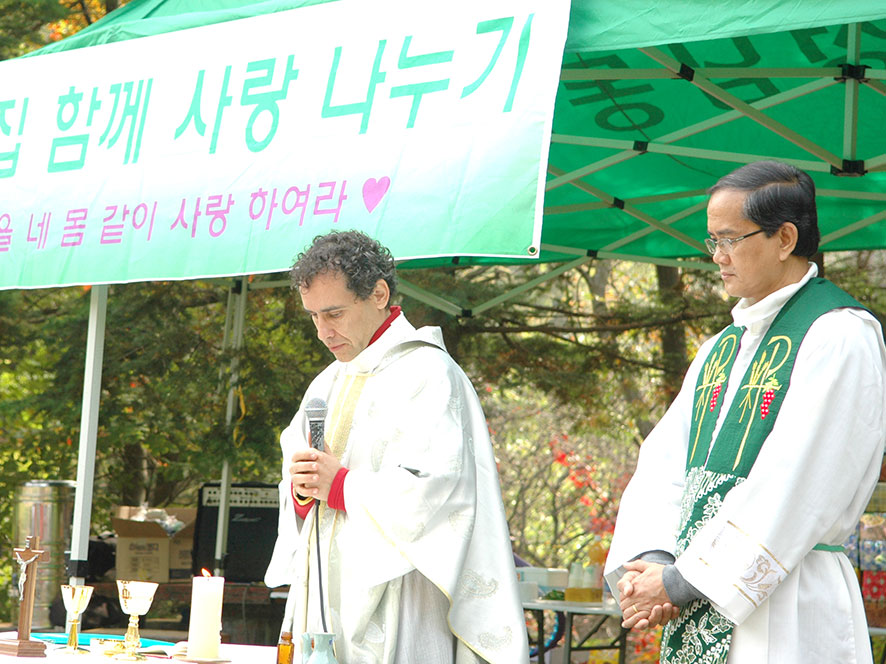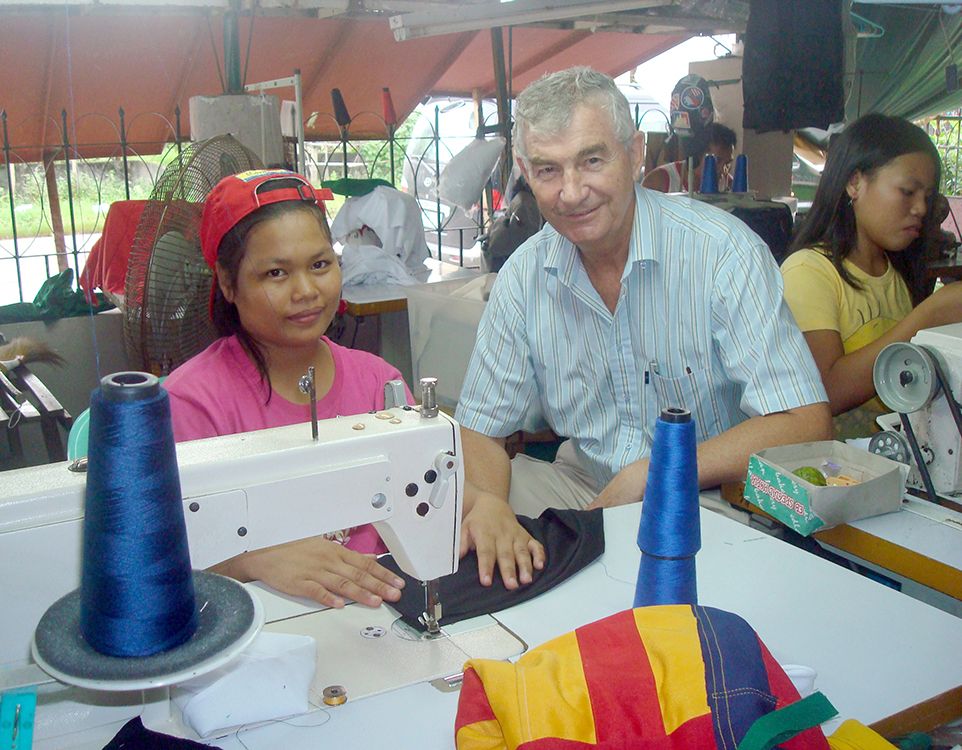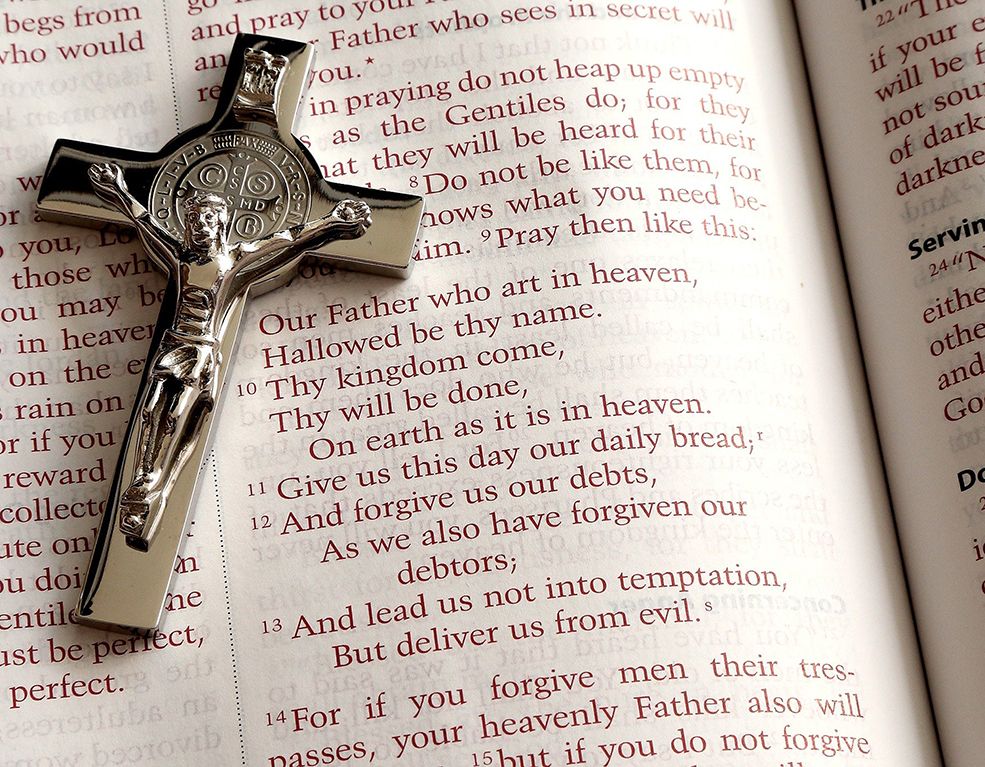Christian Life is so rich that it cannot be contained in one definition. However, we can describe it, emphasizing various aspects of its multi-faceted reality at different times. In harmony with the teaching of the Church, I feel that the most significant and most inclusive description goes like this: “Christian life is a conscious participation in the Paschal Mystery, which is at the heart of the life of Christ. It is a mystery of suffering, death and resurrection.” All the experiences of our lives, including persecutions, acquire a creative meaning when we put them within the context of said Mystery.
If we consider the whole earthly life of Jesus, we see that He was persecuted so often and in so many different ways, from the time when He was a little baby to the time when He died on the Cross. As we are followers of Christ Jesus, persecution is part and parcel of our heritage. That is, we share in what happened to Him and cooperate in building the Kingdom on earth. Jesus was and is very clear about this: “If the world hates you, remember it hated me before you. Remember the words I said to you: a servant is not greater than his master. If they persecuted me, they will persecute you too.” (John 15: 18-20)
Martyrs
If we consider this beatitude as it is presented not only in Matthew but also in Luke, we see that there are two possible reasons for persecution: Righteousness and the Name of Jesus. In the past, Luke’s Christological reason for persecution was dominant in the consideration of the Church. Martyrs were those who were persecuted for their faith in Jesus Christ. At present, the moral and broader reason is stressed: martyrs are considered to be not only those who are persecuted and are actually put to death for their faith in Christ, but also those who lay down their lives out of love for their neighbors.
As for the common forms of persecution, there are two: Death and Marginalization. The first form was practiced in the past, from the beginning of Christianity onward. These days, persecutions are still being practiced with cruelty. In fact, we often receive news of Christians being put to death by extremists acting in Islamic countries. However, more often than not persecution takes the second form.
Rather than using arms, mass media is used to give messages that make faith appear irrelevant, stupid and backward. In the Apostolic Exhortation, Gaudete et Exultate, n. 94, Pope Francis says: “Persecutions are not a reality of the past, for today too we experience them, whether by the shedding of blood, as in the case with so many contemporary martyrs, or by subtler means, by slanders and lies. Jesus calls us blessed when people ‘utter all kinds of evils against you falsely on my account’ (Matthew 5:11). At other times, persecution can take the form of jibes that try to caricature our faith and make us seem ridiculous.”
Spirit And Flesh
Still, there is a third form of persecution that usually is not considered. It takes place inside a person. In each person there are two areas: the area of the spirit in which the domain belongs to the following elements: God’s Word, service, the Gospel, mission, the Cross, the Resurrection and all the gifts of the Spirit; and the area of the flesh wounded by sin in which the domain belongs to the following: instincts, power, success, interests, the craving of selfishness. Our ego tends to keep us in this second area. When we act in order to be in the area of the spirit and celebrate life, we experience persecution within by the ego and this can be very disturbing.
Those who are persecuted and have the spirit of the beatitude are in God’s Kingdom now. They keep the longing for the Kingdom alive within themselves. This generates a beautiful kind of tension tempered by hope in them.
We ask the intercession of Mary so that we may journey along the path of the Gospel in fidelity to the Master, even though this may cause persecution.

